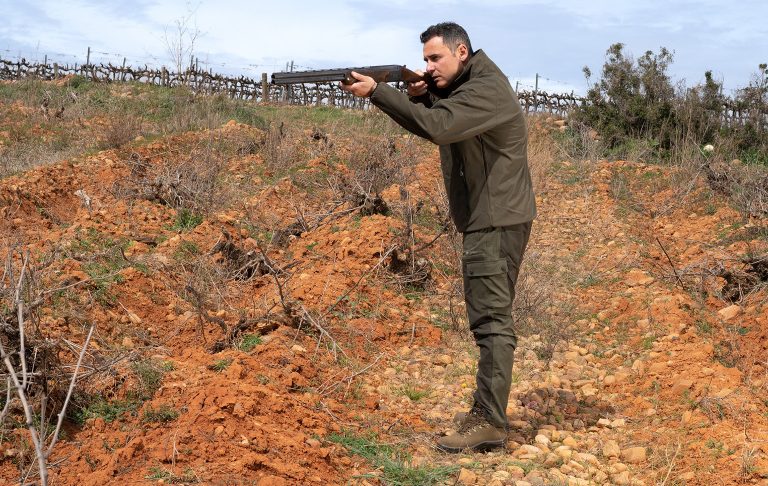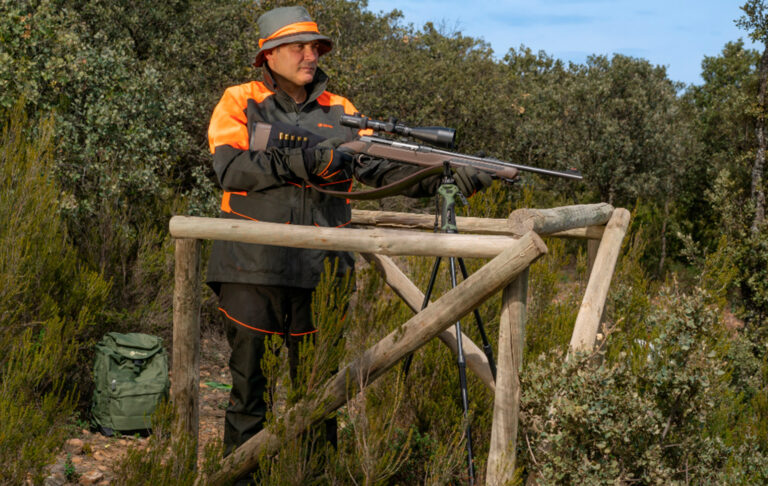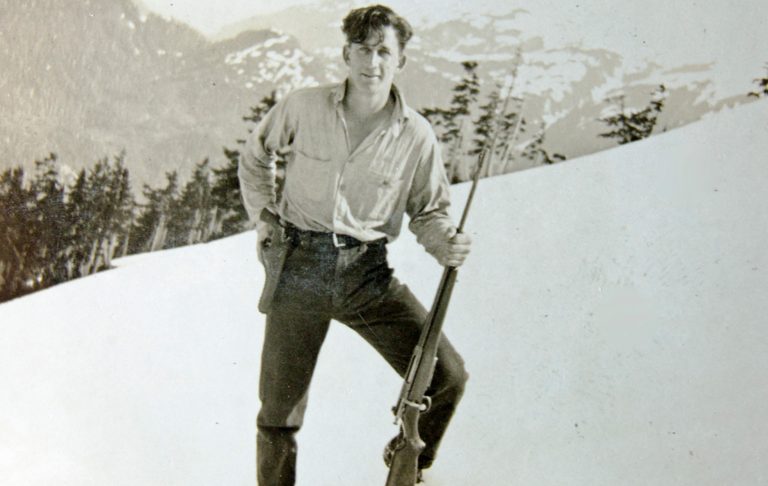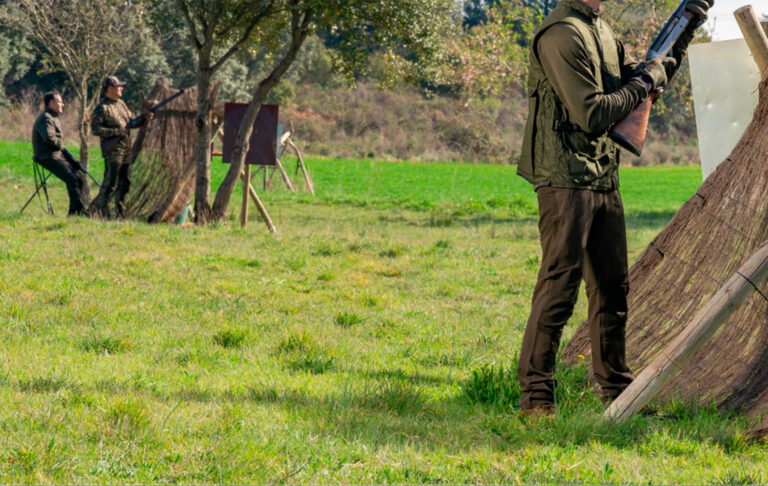Hunting is an activity with deep cultural roots, which goes beyond being a sport or a tradition.
In Spain and in many other countries, hunting is a key economic driver for rural areas. Its impact ranges from the generation of employment to the promotion of tourism and environmental conservation.
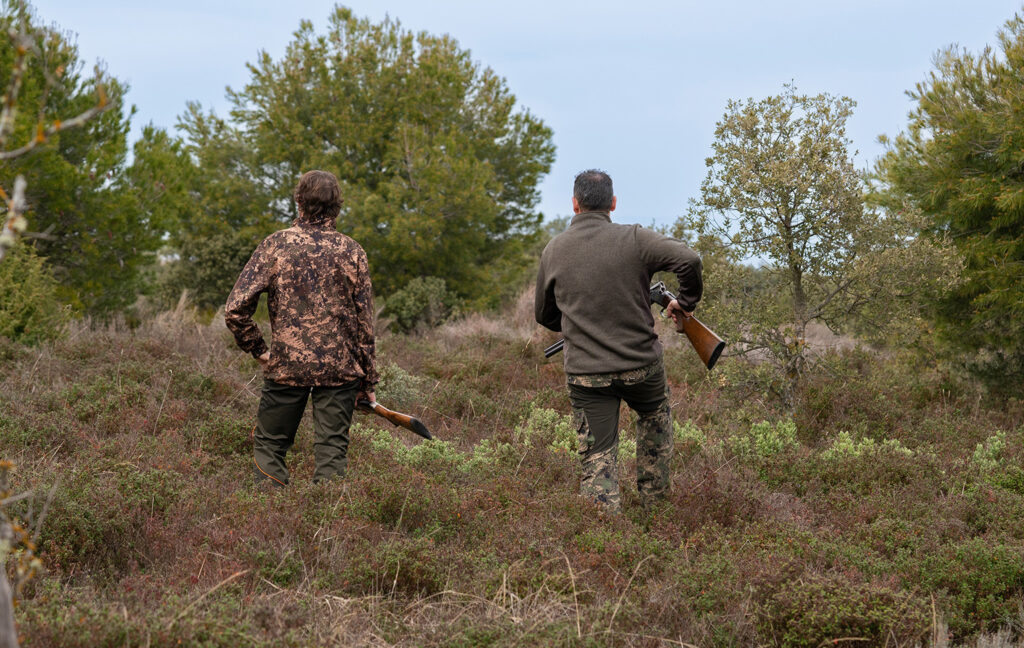
A sector that generates employment
Hunting mobilises a large number of direct and indirect jobs in rural areas. According to recent data, in Spain the hunting sector generates around 187,000 jobs, including forest rangers, hunting guides, game managers, veterinarians and tourism service professionals.
In addition, many families in rural areas depend directly on this activity for their livelihood, especially in less economically developed regions. For example, provinces such as Castilla-La Mancha, Extremadura and Andalusia have numerous hunting grounds that generate steady income for local communities.
Impact on rural tourism
Hunting is also an important source of income for rural tourism. Every year, thousands of hunters, both national and international, travel to rural areas in search of hunting experiences. These visitors spend on accommodation, food, transport and other services, boosting local economies.
In Spain, the hunting sector moves approximately 6,475 million euros per year, a large part of which comes from hunting tourism. This economic flow allows many small businesses, such as rural houses, restaurants and craft workshops, to remain active and competitive.
Conservation and land management
Regulated hunting not only benefits the economy, but also contributes to the conservation of the natural environment. Revenues generated from licences, fees and permits are invested in habitat management and species protection programmes.
In addition, hunters are often the first to have an interest in maintaining an ecological balance. This includes the recovery of native species, the control of populations that could become pests and the prevention of fires through active land management.
A pillar for small businesses
In many localities, the hunting season represents a significant percentage of annual income. Small businesses, such as equipment shops and specialised clothing shops, also benefit, and of course, everything related to the hospitality industry.
Challenges and Opportunities
Although hunting is a mainstay for many rural communities, it faces challenges such as increasing urbanisation, changing leisure habits and negative perceptions in certain sectors of society. However, with proper regulation and awareness campaigns, the hunting sector can continue to be an ally for sustainable development.
In countries such as France and Germany, similar initiatives have shown that hunting can coexist with activities such as hiking and nature photography, further diversifying rural incomes.
Impact Data: Hunting and the Rural Economy
- In Spain, the hunting sector represents 0.3% of the national GDP.
- In 2024, Spain has approximately 700,000 active hunting licences, according to analysis by the Hunting Federation and other related entities.
- International hunters can spend an average of 3,000 euros per hunting day, which directly benefits local economies.
Hunting is much more than a recreational activity: it is an essential driver of the rural economy, providing employment, resources and opportunities in areas that often lack other alternatives. Its influence ranges from strengthening small businesses to preserving the natural environment, becoming an ally of sustainable development.

